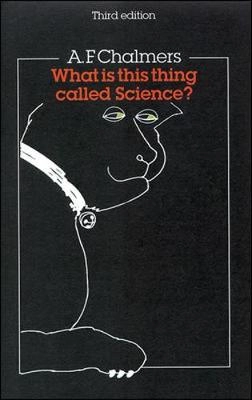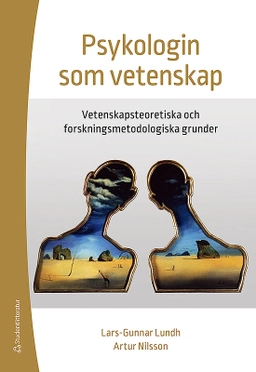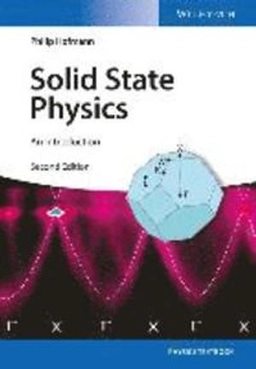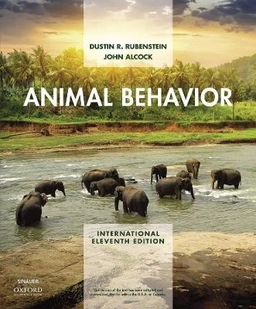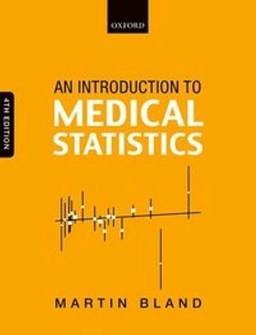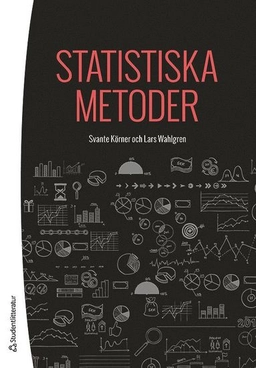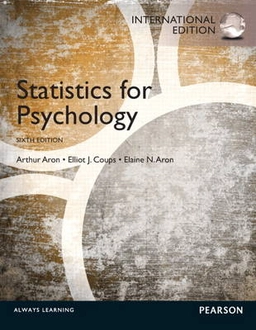Reviews of the previous edition:
"In this academic bestseller - indeed, one of the most widely read books ever written in the history and philosophy of science - Alan Chalmers provides a refreshingly lucid introduction . . . Drawing on illuminating historical examples, he asks and answers some of the most fundamental questions about the nature of science and its methods."
Ronald L. Numbers, William Coleman Professor of the History of Science and Medicine, University of Wisconsin at Madison.
"Crisp, lucid and studded with telling examples . . . As a handy guide to recent alarums and excursions (in the philosophy of science) I find this book vigorous, gallant and useful."
New Scientist
* What is the characteristic that serves to distinguish scientific knowledge from other kinds of knowledge?
* What is the role of experiment in science?
* What is the role of theory in science?
In clear, jargon-free language, the third edition of this highly successful introduction to the philosophy of science surveys the answers of the past hundred years to these central questions.
The previous edition of this book, translated into fifteen foreign languages, has been thoroughly revised in the light of two decades of teaching experience on the part of the author, and has been brought right up to date. The text has been enriched by many new historical examples and the early chapters have been reorganised, re-ordered and amplified to facilitate the introduction of beginners to the field.
The new edition includes new chapters on the following topics:
*the new experimentalism
*the Bayesian approach to science, currently in vogue
*the nature of scientific laws
*recent developments in the
realism/anti-realism debate
These changes will enhance the value of this book as a standard university text in the philosophy of science, not just on science and philosophy courses but also in the social and human sciences such as sociology and psychology, where the need is felt for an introduction to scientific method.
Åtkomstkoder och digitalt tilläggsmaterial garanteras inte med begagnade böcker
